Urology Instruments: Essential Tools for Modern Urological Care
Modern urology is a rapidly advancing field that deals with the health of the urinary system and male reproductive organs. From early diagnosis to precise surgical treatment, urology instruments are essential in ensuring effective patient care. These tools have evolved dramatically, offering better precision, enhanced safety, and quicker recovery times. In this blog, we explore the most vital instruments in urology, their uses, and the importance of sourcing them from trusted manufacturers.
Understanding Urology Instruments
Urology instruments are specialized medical tools used by urologists for diagnosing, treating, and monitoring conditions of the urinary tract and male reproductive system. These instruments help in performing both minimally invasive and traditional surgeries. Their design and functionality vary based on the procedure, but all serve one primary goal: delivering accurate, safe, and efficient care to patients.
Diagnostic Instruments in Urology
Diagnosis is the first step in treating any urological condition. Instruments like cystoscopes and urethroscopes allow doctors to look inside the bladder and urethra to detect abnormalities, infections, or blockages. Urodynamic devices are also widely used to measure how well the bladder and urethra store and release urine. These tools help urologists pinpoint the cause of symptoms and plan effective treatments.
Surgical Urology Instruments
When medication and non-invasive procedures are not sufficient, surgery becomes necessary. Resectoscopes are commonly used for procedures like TURP (Transurethral Resection of the Prostate), allowing precise removal of excess tissue. Lithotrites are employed to crush stones in the bladder or kidneys, making removal easier. Basic instruments like retractors, forceps, and clamps are also essential in gaining access, holding tissues, or removing blockages during surgeries.
Endoscopic Tools: Precision in Minimally Invasive Care
Endoscopic procedures have transformed how urologists operate. Ureteroscopes and nephroscopes provide internal access to the ureters and kidneys without major incisions. These instruments come in flexible and rigid varieties, tailored to different anatomical needs. They’re particularly helpful in stone removal and tumor biopsy. The high-resolution cameras in these scopes allow real-time imaging, improving both accuracy and safety during procedures.
Why Instrument Quality Matters?
The performance of any medical procedure heavily relies on the quality of the instruments used. Low-quality tools can lead to complications, increase surgery time, or even damage delicate tissues. That’s why hospitals and surgical centers prefer sourcing instruments from reputable manufacturers. GWS Surgicals LLP is one such trusted name in the industry, offering a comprehensive range of precision-crafted urology instruments that meet global quality standards. Their instruments are designed with both patient comfort and surgeon efficiency in mind.
Innovations in Urology Instrumentation
With the integration of technology in medicine, urology instruments have seen remarkable innovations. Robotic-assisted tools now allow for incredibly precise procedures, especially in prostate and kidney surgeries. Laser-based instruments are being used for stone fragmentation and tissue ablation, reducing recovery times and improving success rates. Additionally, single-use urology instruments are gaining popularity due to their sterilized nature and reduced risk of cross-contamination.
Common Urological Procedures and Their Tools
Several procedures in modern urology rely on these instruments. In cystoscopy, a cystoscope helps inspect the bladder for signs of disease. In ureteroscopy, a thin ureteroscope is inserted into the ureter to remove stones or tumors. TURP procedures utilize resectoscopes to remove prostate tissue causing urinary blockage. For large kidney stones, percutaneous nephrolithotomy employs nephroscopes and stone retrieval devices. Each of these procedures highlights the critical role that high-quality urology tools play.
Sterilization and Maintenance of Urology Instruments
Sterilization is crucial in any surgical discipline, and urology is no exception. Instruments must be meticulously cleaned to prevent infection and prolong usability. Autoclaving, ultrasonic cleaning, and proper drying techniques are standard for reusable tools. The use of medical-grade stainless steel and biocompatible materials ensures that instruments can withstand repeated sterilization cycles without degradation.
Selecting the Right Supplier for Urology Instruments
Choosing the right supplier ensures both safety and effectiveness. Medical professionals should look for companies that comply with ISO, CE, or FDA standards and provide documentation for each instrument. It’s also important to assess the after-sales support and availability of replacement parts. Manufacturers like GWS Surgicals LLP have earned the trust of healthcare providers by consistently delivering durable, safe, and technologically advanced instruments suited to today’s surgical demands.
Conclusion
Urology instruments are the cornerstone of successful urological care, from simple diagnostics to complex surgical interventions. Their precision, quality, and reliability directly impact patient safety and recovery. As technology continues to evolve, so too will the tools used by urologists. Healthcare providers need to invest in the best equipment from reputable manufacturers to maintain high standards of care.
In a field where precision and safety are paramount, urology instruments are not just tools—they are extensions of the surgeon’s hands and critical enablers of better health outcomes.
Leave a Comment
© Copyright © 2024 gwsmed.com | GWS Surgicals LLP. All rights reserved.
| |




Comment (0)
No Comments Yet. Be the first one.